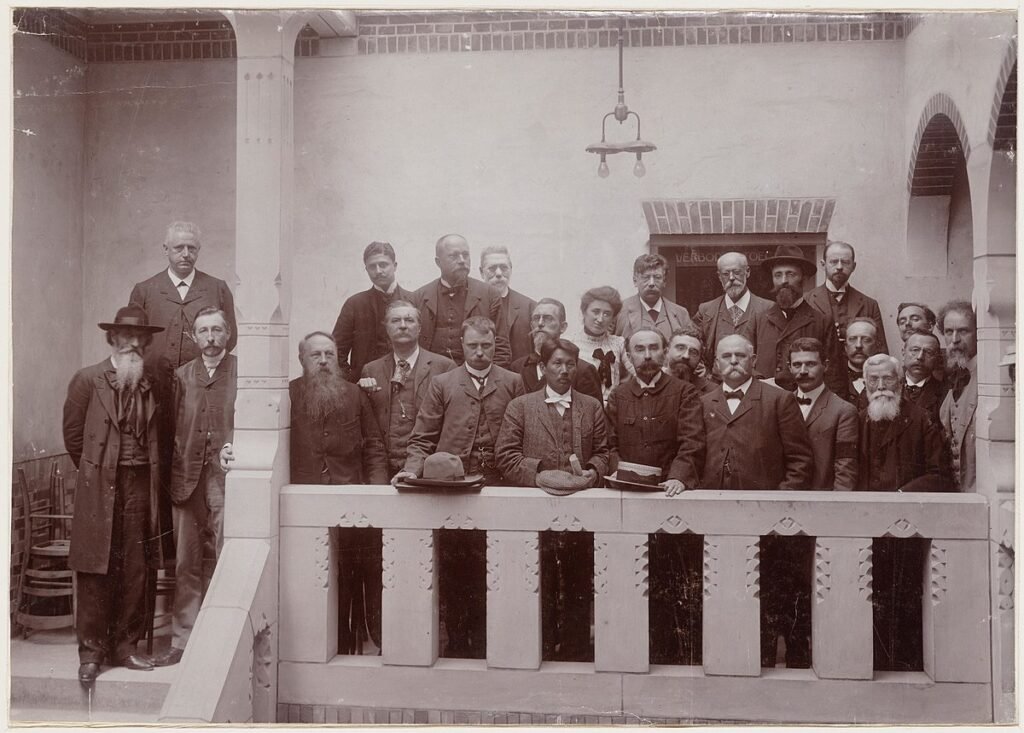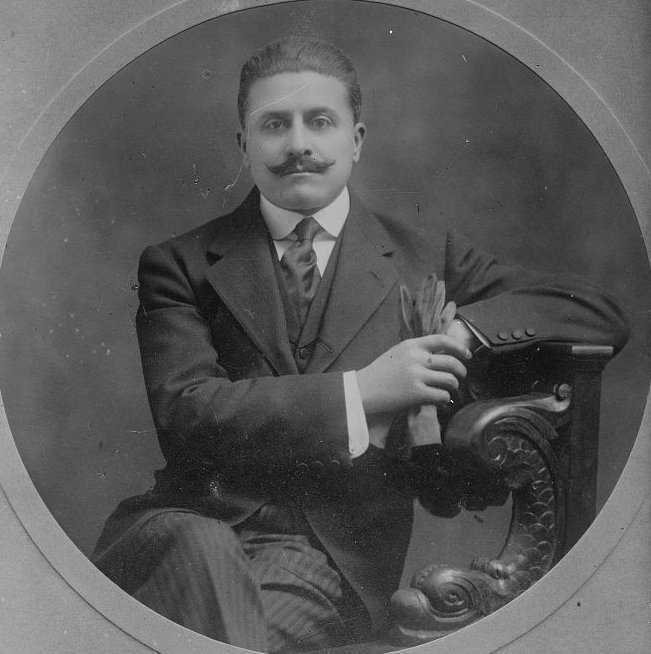The Rise of Argentine Socialism: From European Roots to Latin American Vanguard
On a rainy Thursday afternoon in Buenos Aires, May 1, 1890, around 1,500 people—mainly workers of German and Italian descent—gathered under the watchful gaze of police for what would become a historic event. The gathering, held in observance of May Day, included speeches in several languages, reflecting the diverse, immigrant-rooted nature of Argentina’s working class. Organized by European socialist exiles and local activists, this event marked the beginning of a socialist movement that would shape Argentina’s political landscape.
The 1890 gathering symbolized the local working class’s alignment with the international socialist cause, nearly 7,000 miles away from the birthplace of the socialist movement in Europe. The decision to observe May Day in Buenos Aires was in line with the directive from the first congress of the Second International, held in Paris the previous year. This early embrace of socialist ideas set the stage for the development of Argentina’s own socialist party, which would eventually play a key role in the country’s political and social history.

Building a Socialist Tradition in Argentina
Between 1890 and 1914, Argentina’s socialist movement evolved into one of the few active socialist forces outside Europe, eventually founding the Argentine Socialist Party (PS) in 1896. During this time, the party solidified its influence within Argentina and joined the global socialist network. The Argentine socialist tradition quickly gained momentum, establishing itself as a force for workers’ rights, social reform, and democratic representation in the broader political landscape.
The socialist movement initially grew out of European exiles who brought their political ideals to Argentina. German socialists fleeing repression under Bismarck established associations like Verein Vorwärts, creating a foundation for future socialist activism. By 1890, these groups organized public May Day celebrations, marking the start of Argentina’s formal involvement in the international socialist cause. Over the next decades, socialist associations published newspapers in multiple languages and fostered a cross-cultural network dedicated to advancing workers’ rights.
A Unique Socialist Identity Emerges
As the movement expanded, the Argentine Socialist Party began to develop its own distinct character, informed by local struggles and demographics. Early leaders like Juan Bautista Justo, a physician who became a dedicated socialist, emphasized a gradual, reformist approach. Justo’s leadership promoted socialism as an evolutionary process, integrating the scientific principles of Darwinism and the philosophical ideas of Karl Marx, Friedrich Engels, and Herbert Spencer. This ideological blend distinguished Argentine socialism, which advocated for parliamentary engagement, economic cooperatives, and social reforms over radical syndicalism or anarchism, which were popular among some of the more militant segments of the working class.
The PS became one of Latin America’s first organized socialist parties, joining the Second International as a representative of social democracy in the Western Hemisphere. It was an era marked by ideological refinement and adaptation, as the party balanced its European roots with the realities of Argentine society. The PS forged a legacy that combined international socialist solidarity with a growing awareness of Argentina’s unique cultural and political circumstances.

Participation in the Socialist International and Global Influence
Throughout the early 20th century, Argentine socialists maintained close ties with European socialist movements, seeing themselves as pioneers of socialism in South America. Argentine socialists were active participants in the Second International, contributing to debates on labor rights, anti-militarism, and immigration. Leaders like Manuel Ugarte represented the PS abroad, emphasizing Argentina’s commitment to the international socialist movement and voicing the concerns of Latin American workers on a global stage.
In 1904, the PS formally participated in the Amsterdam congress of the Second International, raising issues relevant to Argentine labor. By 1910, the party had become an established voice in the International, sending delegates like Justo to European meetings, where he advocated for workers’ rights and denounced government crackdowns on labor movements in Argentina.

As one of the few non-European parties with a seat in the International Socialist Bureau, the PS gained both external validation and internal credibility, presenting itself as a legitimate representative of Latin American socialism.
Legacy and Enduring Influence
Argentine socialism’s early history laid the groundwork for a long-standing political tradition that balanced local concerns with international solidarity
The PS became the first organized socialist party in Latin America, championing workers’ rights and social reforms while staying engaged with global socialist networks. This legacy of internationalism and reform has shaped the trajectory of the left in Argentina, leaving an indelible mark on the country’s political and social fabric.
In the years following its founding, the PS not only contributed to labor legislation and social welfare policies but also cultivated a broader vision for societal progress. The movement’s evolution from European-influenced socialism to a uniquely Argentine socialist identity demonstrates how socialist principles can adapt to local contexts while remaining aligned with global movements for justice and equality.

